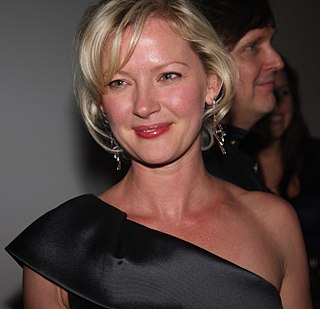A Quote by James P. Comer
Many more children observe attitudes, values and ways different from or in conflict with those of their families, social networks,and institutions. Yet today's young people are no more mature or capable of handling the increased conflicting and often stimulating information they receive than were young people of the past, who received the information and had more adult control of and advice about the information they did receive.
Quote Topics
About
Adult
Advice
Attitudes
Capable
Children
Conflict
Conflicting
Control
Did
Different
Families
Had
Handling
Increased
Information
Institutions
Many
Mature
More
Networks
Observe
Often
Past
People
Receive
Received
Social
Social Network
Social Networks
Stimulating
Than
Those
Today
Values
Ways
Were
Young
Young People
Related Quotes
So while it is true that children are exposed to more information and a greater variety of experiences than were children of the past, it does not follow that they automatically become more sophisticated. We always know much more than we understand, and with the torrent of information to which young people are exposed, the gap between knowing and understanding, between experience and learning, has become even greater than it was in the past.
People are much more likely to act on their self-percepts of efficacy inferred from many sources of information rather than rely primarily on visceral cues. This is not surprising because self knowledge based on information about one's coping skills, past accomplishments, and social comparison is considerably more indicative of capability than the indefinite stirrings of the viscera
What is needed now are increased efforts to promote youth participation and commitment; more services aimed at youth; more parental involvement; more education and information, using schools and other sites; more protection for girls, orphaned children and young women;and more partnerships with people with HIV and AIDS.
One of the great misconceptions about spiritual growth that develops in a lot of churches is that information alone is adequate to produce transformed human beings. So if we want to have a church of spiritually mature people, let's just keep cramming more and more information into them... Information alone is not adequate for the transformation of the human personality.
I don't think we should have less information in the world. The information age has yielded great advances in medicine, agriculture, transportation and many other fields. But the problem is twofold. One, we are assaulted with more information than any one of us can handle. Two, beyond the overload, too much information often leads to bad decisions.
The first people that have the information are the hair and makeup ladies and the wardrobe people, because they often have to plan out the clothes: the things that are gonna get bloody, and the different kinds of gunshot wounds they're gonna have to do. They often have more of a preparation, more time, than we do. You can definitely feel on set the actors trying to get that information, and they're of sworn to secrecy.
I think there's confusion around what the point of social networks is. A lot of different companies characterized as social networks have different goals - some serve the function of business networking, some are media portals. What we're trying to do is just make it really efficient for people to communicate, get information and share information.
People need to understand, we can come together as a nation. We can create a culture of life. More and more young people today are embracing life because we know we are - we're better for it. We can - like Mother Teresa said at that famous national prayer breakfast bring the - let's welcome the children into our world. There are so many families around the country who can't have children. We could improve adoption so that families that can't have children can adopt more readily those children from crisis pregnancies.
Just providing information about how bad things are, or the statistics and data on incarceration by themselves, does lead to more depression and resignation and is not empowering. The information has to be presented in a way that's linked to the piece about encouraging students to think critically and creatively about how they might respond to injustice, and how young people have responded to injustice in the past.



































